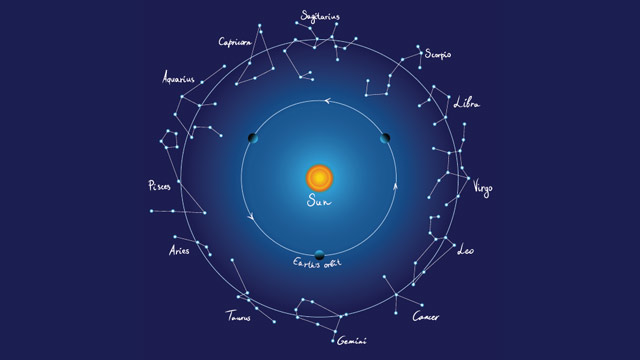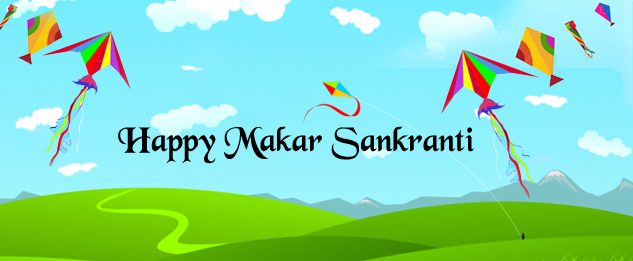joshi.murgha
Murgha Joshi
<h1>Why do we Celebrate Makar Sankranti on January 14</h1>


According to the Hindi calendar Makar Sankranti is festival celebrated for new year for Hindus. Makara Sankranti is a Hindu festival celebrated in almost all parts of India and Nepal in a myriad of cultural forms. It is a harvest festival. It is the Hindi/Indo-Aryan languages name for Makara Sankranthi (still used in southern areas as the official name).
Makar Sankranti marks the transition of the Sun into the zodiac sign of Makara rashi (Capricorn) on its celestial path. The day is also believed to mark the arrival of spring in India and is a traditional event. Makara Sankranti is a solar event making one of the few Indian festivals which fall on the same date in the Gregorian calendar every year: 14 January, with some exceptions when the festival is celebrated on 13 or 15 January.

Makar Sankranti has an astrological significance, as the sun enters the Capricorn (Sanskrit: Makara) zodiac constellation on that day. This date remains almost constant with respect to the Gregorian calendar. However, precession of the Earth's axis (called ayanamsa) causes Makara Sankranti to move over the ages. A thousand years ago, Makara Sankranti was on 31 December and is now on 14 January. According to calculations, from 2050 Makar Sankranti will fall on 15 January.
Sankranti: ~ Sankranti is celebrated all over South Asia with some regional variations. It is known by different names and celebrated with different customs in different parts of the country popularly celebrated in Karnataka (#Sankranthi), Andhra pradesh (#Sankranthi) and Tamil Nadu (#Pongal).
In the Kumaon region of Uttarakhand, Makara Sankranti is celebrated with great gusto. According to the Hindu religious texts, on the day of Uttarayani also called Ghughuti in Kumaon, the sun enters the Zodiacal sign of 'Makara' (#Capricon), i.e. from this day onwards the sun becomes '#Uttarayan' or it starts moving to the north. It is said that from this day, which signals a change of season, the migratory birds start returning to the hills
Wearing garlands of the above eatables the children come out calling the crows with following song on their lips: ~
Kale Kale,
bhol bate aile bor puwa,
Khale Ie Kauva bara,
mai ke de sunu gharo,
Ie Kauva dhal,
mai ke de sunu thai.
